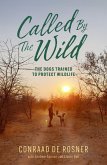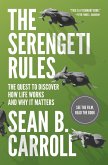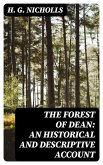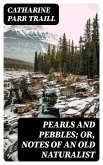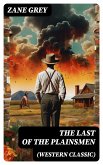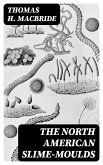In 'Poachers and Poaching', John F.L.S. Watson delves into the intricate world of poaching, shedding light on the practices, motivations, and consequences of this illegal activity. Through a series of meticulously researched case studies and firsthand accounts, Watson explores the impact of poaching on wildlife populations, ecosystems, and local communities. His narrative is both informative and engaging, weaving together historical context with contemporary issues surrounding poaching. Watson's literary style is eloquent and persuasive, making the book a captivating read for both scholars and general readers interested in conservation and wildlife protection. John F.L.S. Watson, an esteemed conservationist and environmental advocate, brings a wealth of experience and expertise to 'Poachers and Poaching'. With a background in wildlife biology and years of fieldwork in diverse habitats, Watson offers valuable insights into the complex dynamics of poaching and its implications for biodiversity conservation. His passion for protecting wildlife shines through in the pages of this book, making it a compelling and thought-provoking work. I highly recommend 'Poachers and Poaching' to anyone interested in the intersections of wildlife conservation, environmental ethics, and criminal justice. Watson's comprehensive analysis of poaching issues offers a unique perspective on a pressing global problem, making this book essential reading for those concerned about the future of our planet's natural resources.
Dieser Download kann aus rechtlichen Gründen nur mit Rechnungsadresse in A, B, BG, CY, CZ, D, DK, EW, E, FIN, F, GR, H, IRL, I, LT, L, LR, M, NL, PL, P, R, S, SLO, SK ausgeliefert werden.



